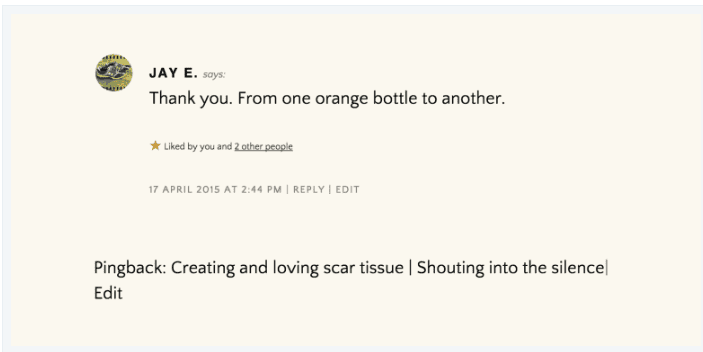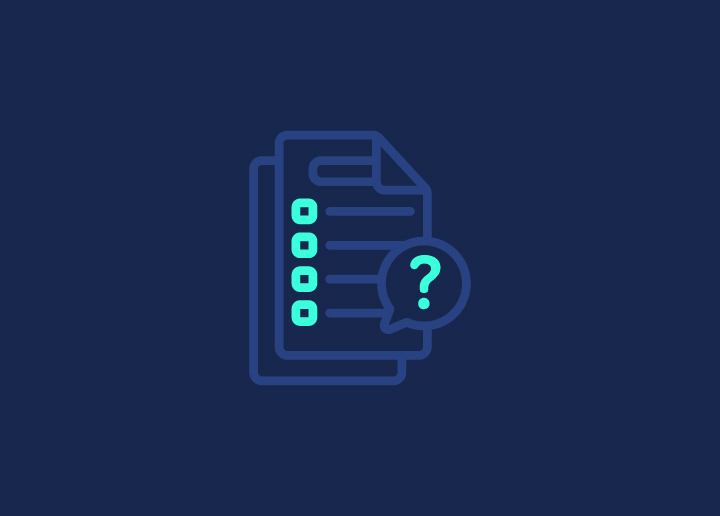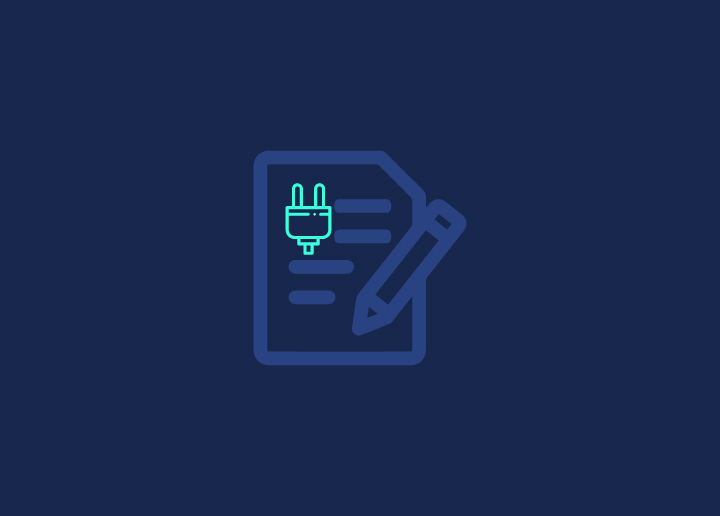Consider tagging or mentioning someone on Instagram or Facebook. Pingback is a notification you receive when your post is tagged or cited.
WordPress defines a pingback as a particular form of response that appears when you hyperlink to another blog post, as far as the other blog allows it. I realize it’s still a mess. To better understand what a pingback is, look at how it works.
How does a Pingback work?
When you link to another blog’s content, WordPress gives them a pingback notification. Only bloggers who have enabled the pingback option will receive the information, which will appear in a comment.
- Person A makes a post on his blog.
- Person B will link his article with Person A’s article. Then if both the blogs have a pingback feature enabled, Person A will automatically receive a pingback.
- Person A’s blog instantly accesses Person B’s article when it receives a pingback to verify that the pingback came from Person B.
Simply link to some other blog post to create a pingback. If pingbacks are enabled on that article, the blog author will see a pingback in their comment thread, which they can approve. Each theme has its style for comments. The following is an example of a pingback:

How to disable or enable the Pingbacks feature on WordPress?
Check or uncheck the activation box under Setting > Discussion, depending on your needs.

WordPress would send you a pingback when other bloggers send you a one-time approval request. To do so, go to Discussion Settings > Comment Moderation > Moderation Queue and scroll down to Comment Moderation > Moderation Queue. Any pingbacks can be approved or denied. If the blogger wants to send more pingbacks, they no longer require your permission. Everything has been programmed.
How to disable self-Pingbacks on WordPress?
Self-pings (pingbacks that occur when you link to one of your blog entries) are helpful for some people but bothersome for others. You can use a truncated URL version for the link if you wish to prevent your blog from pinging itself.
You usually include the complete URL when you link, including http://. This will result in self-ping.
Removing the domain address from the link avoids self-pingbacks, retaining only the slug or the URL section following the “.com,”
Instead of using this: https://wordpress.com/blog/2022/05/16/john-tricko
Use only this: 2022/05/16/john-tricko
Conclusion
Pingbacks have the potential to help your website flourish. Readers of the related post may click on your pingback, resulting in a flood of additional visitors. The automatic comment might also improve your blogger community participation.
The disadvantage is that your site may become a target for harmful assaults and spam. Disable the pingback capability or install additional security plugins such as Disable XML-RPC or Cloudflare to prevent such attacks.
Play it safe, whether you utilize pingback or not!
Get more related articles on WordPress best practices, troubleshooting techniques, and other tips on our blog page.
However, we at Seahawk Media provide the best of all the services to meet your end-to-end WordPress needs. Contact us or check our blog page for more insights.


















